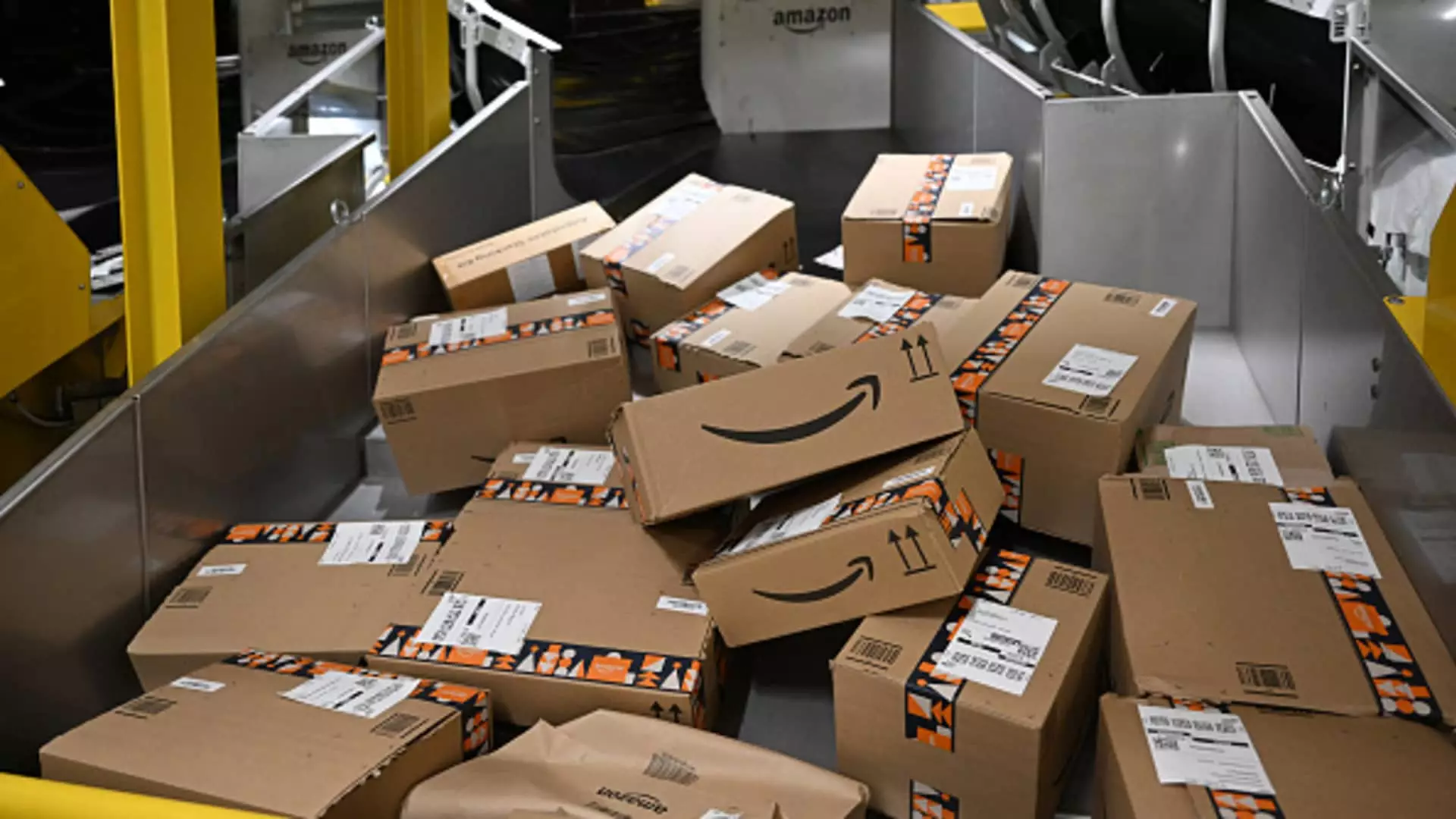In a bold move that has sent shockwaves through the e-commerce landscape, German antitrust regulators have raised alarms about Amazon’s pricing mechanisms for third-party sellers. The Federal Cartel Office issued a preliminary assessment suggesting that Amazon’s complex pricing controls not only undermine the visibility of sellers’ products but also significantly curtail their pricing autonomy. This is quite a substantial claim, suggesting that a platform which supports countless small businesses might also be choking their ability to compete effectively.
Amazon’s sophisticated algorithms and statistical models set limits on how prices are presented and searched for. If a product gets flagged for having what Amazon deems “too high” a price, it risks being buried in search results or worse—excluded from the highly coveted “buy box.” This raises a fundamental ethical question: can we truly call ourselves a market economy when a single entity exercises such pronounced control over product visibility and pricing dynamics? The sheer power wielded by a private corporation over small entrepreneurs merits scrutiny and must inspire outrage.
The Implications for Sellers and the Retail Ecosystem
The implications of these practices don’t just affect the sellers; they reverberate across the entire retail ecosystem. It is imperative to understand that by unfairly prioritizing its own products while pushing harder on third-party sellers, Amazon stacks the deck against competition. As Federal Cartel Office President Andreas Mundt pointed out, Amazon’s actions are “fundamentally questionable from a competition perspective.” The chilling effect this has on other retailers is profound; it creates a climate where only the most aggressive pricing strategies can survive, forcing everyone to toe Amazon’s line or risk being sidelined.
Moreover, the potential for collusion looms large. If Amazon provides parameters that shape the pricing spectrum, it not only restricts sellers but propagates a dangerous norm that could deter retailers from offering genuine competitive prices. In a world where consumers aspire for fair deals, this undermining of competitive pricing systems poses an existential threat to fair market health.
The Amazon Defense: A Misleading Narrative?
In response to the Cartel Office’s serious concerns, an Amazon spokesperson dismissed the findings, arguing that changes to its pricing rules would adversely affect customer experiences. They suggest that the stranglehold they maintain is for the customer’s benefit—an assertion that many critics view as a smokescreen designed to justify corporate overreach. The company’s claim that such measures prevent abusive pricing is not merely questionable; it’s a blatant evasion of the real issues at hand.
By promoting this logic, Amazon cleverly shifts the narrative. Instead of engaging with the core issue of pricing autonomy, they present themselves as champions of consumer welfare. However, the reality remains that customers deserve more straightforward options, devoid of manipulation by an omnipresent retail giant. The contradiction between Amazon’s self-assumed role as a protector and the reality of its market behavior is glaring and constitutes a pivotal point in understanding the company’s broader impact on commerce.
A Broader Context of Competition
Looking forward, it is essential to recognize that this is not an isolated incident or a localized issue. The European Union’s regulatory scrutiny and the U.S. Federal Trade Commission’s ongoing investigation into Amazon’s pricing practices reflect a growing recognition of the need for stricter oversight of monopolistic behavior in the digital commercial space. As Amazon’s influence escalates, so too does the necessity for comprehensive regulation to safeguard competition and consumer interests.
Antitrust laws were designed to ensure fair play and equitable opportunities for all manufacturers and suppliers. If left unchecked, Amazon’s strategies may unintentionally cultivate an environment where smaller companies either conflate their operations or cease to exist entirely—a development that should alarm every stakeholder in the marketplace.
As consumers, policymakers, and even smaller businesses, we must remain vigilant against practices that prioritize a singular commercial entity over the collective well-being of both the market and the consumers it serves. The consequences of allowing such dominance to persist are far-reaching, and the time for action is manifestly now.

Leave a Reply